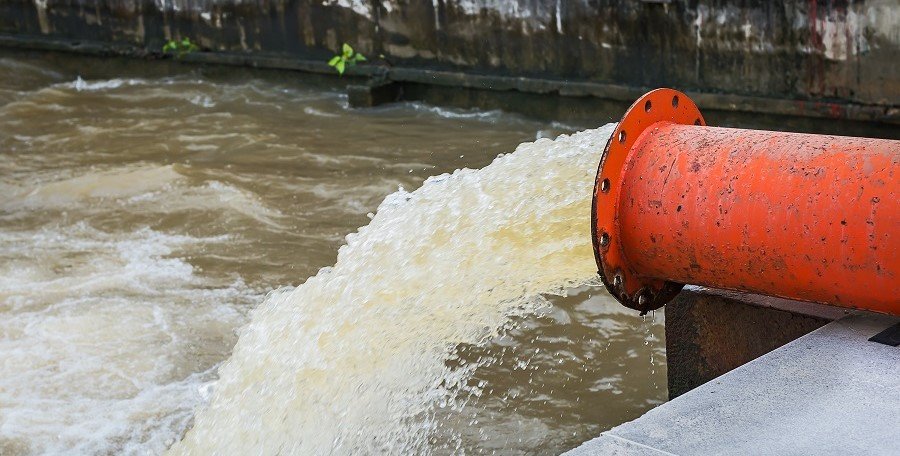On July 5, 2022, the Vietnam International Arbitration Centre (“VIAC”), jointly with the Vietnam Chamber of Commerce and Industry (VCCI) and the United States Agency for International Development (USAID), held a seminar on “Public-Private Partnership (PPP) Model for Construction and Operation of Wastewater Treatment Plants and Solid Waste Disposal Plants in Vietnam.” In this seminar, the Director of the Vu Tien Loc Center of VIAC reported that, based on a report issued by the Natural Resources Environment Agency on the provinces and municipalities directly under the Central Government, 38,000 tons/day of domestic solid waste, 25 million tons/year of general industrial solid waste, and 1 million tons/year of hazardous waste generated in industrial activities, is currently generated in each city. There are 1,322 domestic solid waste treatment facilities nationwide, including 381 incineration facilities, 37 composting facilities, and 904 landfill sites. On the other hand, in the wastewater treatment field, there are about 40 urban centralized wastewater treatment plants, with a treatment capacity of about 926,000 m3/day, and only 13% of wastewater is properly collected and treated.
In order to solve the problems in waste and wastewater, the national strategy on green growth for 2021-2030 sets the following targets for 2030.
-
- Achieve 95% of municipal solid waste collected and disposed of appropriately.
- Achieve 50% for Type II cities and 20% for other cities as a percentage of municipal wastewater that is properly collected and treated.
* The Prime Minister’s Decision 1658/QD-TTg (enacted in 2021) on the above National Strategy for Green Growth can be downloaded from the following URL.
https://moit.gov.vn/upload/2005517/fck/files/1393_af2db.pdf
The need for private investment and challenges to its promotion
According to the presentations at the seminar, 10 to 20 billion USD will be required over the next 10 years to achieve the above goals, and the development and introduction of new technologies and the socialization of an enhanced role for the community will be required.
However, private investment in municipal solid waste and municipal wastewater treatment, such as PPP, is still limited. Although multiple projects have been rolled out using the Build-Transfer (BT) model, the Ministry of Natural Resources and Environment (MONRE) assessment indicates that the actual processing demand has not yet been met. According to Nguyen Thuong Hien, Deputy Director of the environment directorate of MONRE, in implementing the current national policy on PPPs targeting the fields of municipal solid waste treatment and municipal wastewater treatment, the following issues need to be improved in order to encourage investment in new projects and attract private sector funding.
- Infrastructure technology does not match reality. The unit cost of solid waste and wastewater treatment services is still low, and the cost of operating and maintaining treatment systems is high.
- The system for attracting private funds is not yet effective, and there is a lack of guarantees and specific support for a smooth and safe investment environment.
- Domestic solid waste is not separated at source, and processing technology is inappropriate. Processing costs also differ depending on the processing method.
In order to solve these problems, it is urgent for the Vietnamese government to devise appropriate strategies and plans to establish a legal framework for infrastructure systems and PPP. It is recommended that this should include, for example, a proposal to promote the bidding format in waste disposal projects. However, with this format, it is necessary to discuss the division of responsibilities and the cooperation system between national institutions and the investor in the event of a successful bid. In addition, Circular No. 02/2022/TT-BTNMT on Detailed Regulations for the Enforcement of the Environmental Protection Law also stipulates standards for processing technology for domestic solid waste, so that investors can determine the appropriate investment form that matches the characteristics of waste in Vietnam.
The materials presented by the environment directorate on this matter can be viewed at the following URL.
http://vea.gov.vn/detail?$id=1897
 Current status and challenges regarding waste and wastewater treatment infrastructure in Vietnam
Current status and challenges regarding waste and wastewater treatment infrastructure in Vietnam 

























